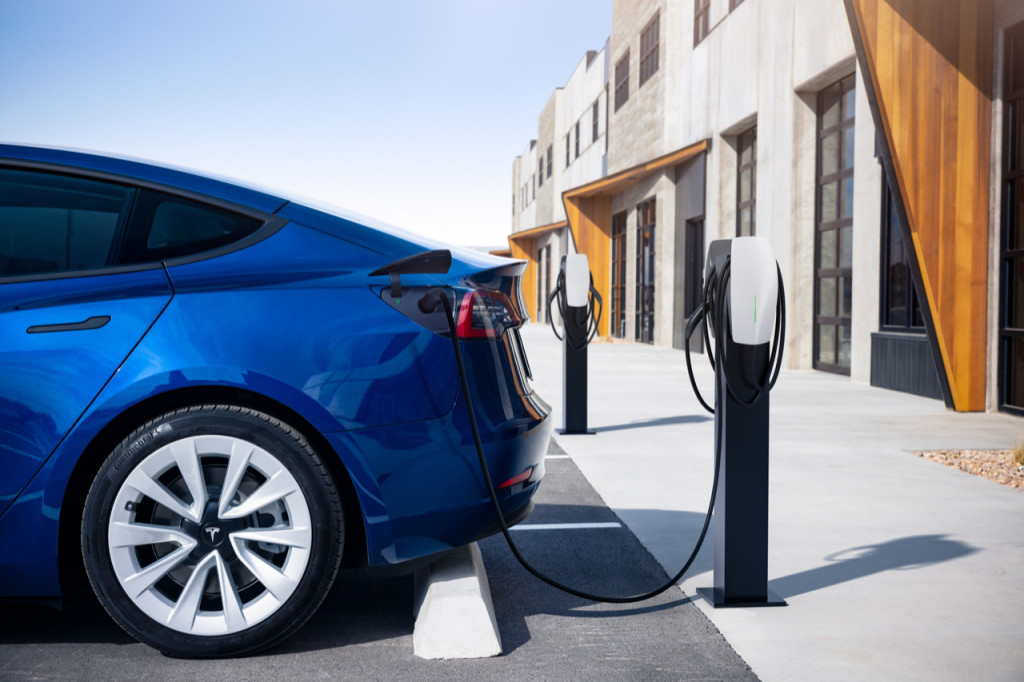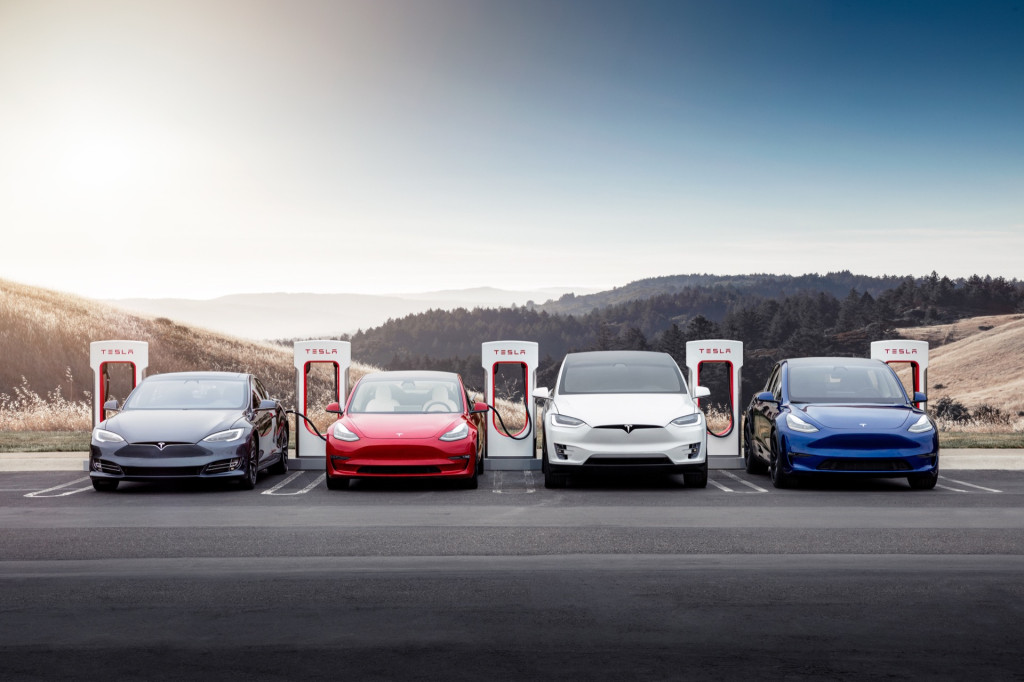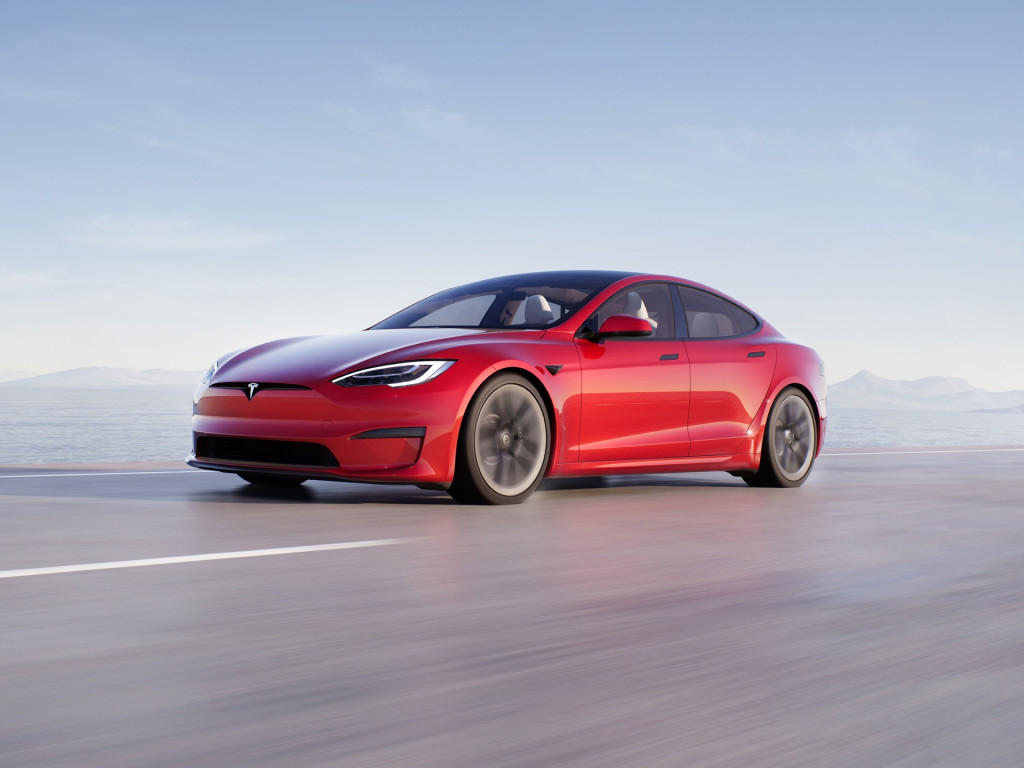Tesla allegedly equipped its electric cars with misleading range displays and then suppressed owner complaints, according to a Reuters report published Thursday.
Citing anonymous sources familiar with the matter, the report alleges that, about a decade ago, Tesla began equipping cars with range-estimating algorithms that showed “rosy” projections of driving range on dashboard displays when a car was fully charged, and more realistic range estimates when charge dropped below 50%.
The order to exaggerate range estimates allegedly came from Tesla CEO Elon Musk, Reuters reported. The anonymous source cited in the report said Musk “wanted to show good range numbers when fully charged” because it would make customers feel better when driving away in a newly purchased Tesla.

Tesla charging
Reuters said it “could not determine” whether Tesla still uses algorithms that exaggerate indicated range estimates, but reported that the automaker last year became “inundated” with customer complaints about range.
Tesla’s solution, according to the report, was to create a special team to cancel customer appointments at service centers if they were related to range complaints.
Alexandre Ponsin, a 2021 Tesla Model 3 owner cited in the report, told Reuters he “was sometimes getting less than half” his car’s estimated range, particularly in cold weather, and booked a service appointment believing there was something wrong with the car. EV range can decrease in cold weather, something Tesla has tried to address recently with heat pumps.

Tesla Supercharger
Ponsin reportedly received two text messages saying “remote diagnostics” had determined the car’s battery was fine, and asking to cancel the appointment. Reuters reports that this was the work of a “Diversion Team” based in Las Vegas and tasked with cancelling range-related appointments. Managers reportedly told employees that each cancelled appointment saved Tesla $1,000 and reduced wait times at service centers.
In late 2022, managers allegedly told employees not to run remote diagnostics on vehicles of owners reporting range issues, speeding up the process of cancelling appointments. Reuters reports that “thousands” of customers were told there was nothing wrong with their cars after this policy change, and were instead offered tips on increasing range by changing driving habits.

2023 Tesla Model S – Courtesy of Tesla, Inc.
Tesla maintains more control over the hardware and software aspects of any repair or diagnosis than other automakers, which has led to at least one customer lawsuit alleging unlawful monopolization of repair services.
This isn’t the first time Tesla has been accused of being dishonest with range estimates. South Korea earlier this year fined Tesla for minimizing the impact of cold weather on range. It remains to be seen whether these reported claims will lead to any similar actions in the U.S.

